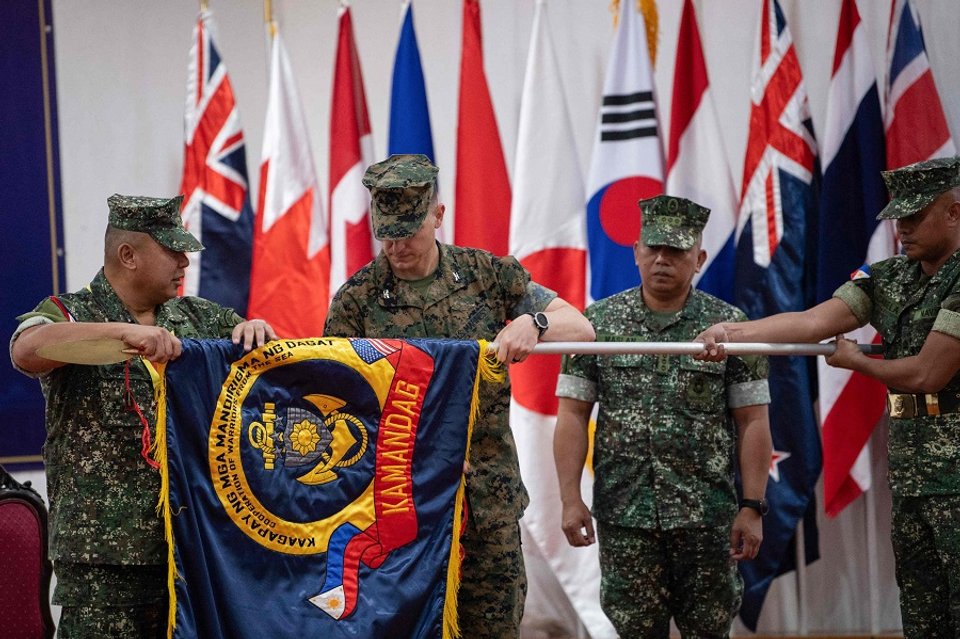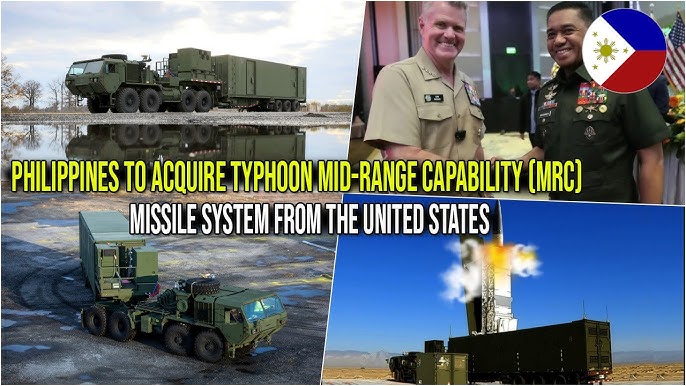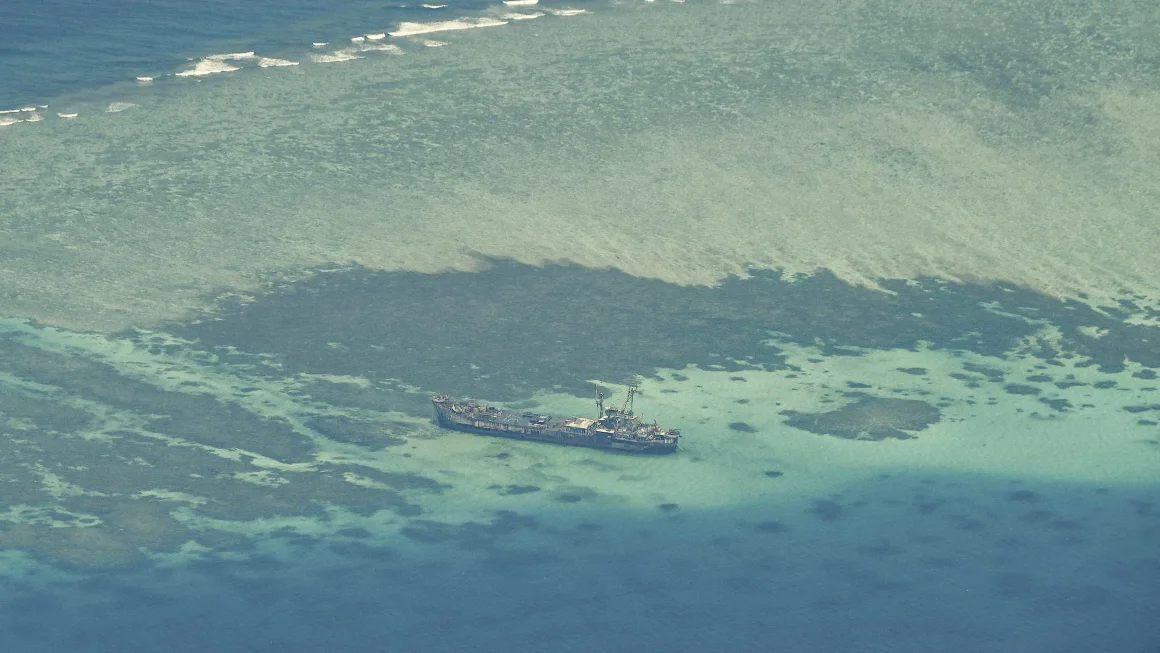
Richard Javad Heydarian, Professorial Chairholder in Geopolitics, Polytechnic University of the Philippines
Jun 05, 2025
2025 has brought swift changes across the Indo-Pacific, and the Philippines’ growing involvement with Trump’s policies and the Taiwan question could prove to be one of the most pivotal factors in the future of the region.
Lucio Blanco Pitlo III, President of Philippine Association for Chinese Studies, and Research Fellow at Asia-Pacific Pathways to Progress Foundation
Jan 31, 2025
Philippine-China relations seem to be in a state of despair as the Marcos regime is opening the door for heavier U.S. presence on its islands, especially those nearest to China. By bringing these rival powers into tighter quarters with one another, how can both sides ensure that each others’ interests can be well protected without crossing any red lines?

Lucio Blanco Pitlo III, President of Philippine Association for Chinese Studies, and Research Fellow at Asia-Pacific Pathways to Progress Foundation
Jan 21, 2025
The Philippines has played a dynamic role in the Indo-Pacific as of late, now drawing the ire of Beijing by accepting U.S.-made defense systems in the northernmost reaches of its islands. While this may come off like a geopolitical power play, the Philippines still has steadfast commitments to its interests in its own backyard that deserve examination.
Sajjad Ashraf, Former Adjunct Professor, National University of Singapore
Oct 25, 2024
The withdrawal of the Philippine coast guard cutter BRP Teresa Magbanua from Sabina Shoal highlights rising tensions in the South China Sea, where China and the Philippines assert conflicting territorial claims. While it opens the door for potential diplomacy, the incident also underscores the Philippines' growing alignment with the U.S. amid concerns of becoming collateral damage in broader geopolitical rivalries.
Richard Javad Heydarian, Professorial Chairholder in Geopolitics, Polytechnic University of the Philippines
Oct 18, 2024
The Philippines continues to be a magnet for tension in the Indo-Pacific due to its advantageous maritime geography and close relationship to the United States. Could this lead to a Cuban missile crisis for the 21st Century?

Sebastian Contin Trillo-Figueroa, Geopolitics Analyst in EU-Asia Relations and AsiaGlobal Fellow, The University of Hong Kong
Sep 27, 2024
The Philippines sits at the crossroads of the Pacific and Southeast Asia, navigating its historical ties to the U.S. and proximity to China with extreme care and diplomatic acumen. As China seeks to grow its power this decade, the Philippines will surely play a major role in how things unfold.
Richard Javad Heydarian, Professorial Chairholder in Geopolitics, Polytechnic University of the Philippines
Sep 21, 2024
China wields the largest naval capacity in Asia, and has shown no qualms about deploying it to contest waters in its vicinity. The Philippines sitting so near China have faced the brunt of China’s aggressive actions, and must navigate the situation with great strategic acumen.
Richard Javad Heydarian, Professorial Chairholder in Geopolitics, Polytechnic University of the Philippines
Aug 30, 2024
The Philippines latest round of talks with the U.S. seems to give the impression of a strong shift toward alignment with American interests, but closer examination reveals a pragmatic approach by Ferdinand Marcos Jr. to playing the U.S. against overtures from neighboring China.
Lucio Blanco Pitlo III, President of Philippine Association for Chinese Studies, and Research Fellow at Asia-Pacific Pathways to Progress Foundation
Aug 21, 2024
The Philippines, ever aware of its strategic importance in Asia’s waters, is making moves to strengthen its positions in economy and defense, the latter area being of utmost importance to Manila when looking at the flurry of activity Manila has taken in recent months.
Richard Javad Heydarian, Professorial Chairholder in Geopolitics, Polytechnic University of the Philippines
Jul 26, 2024
The Philippines is at a crucial juncture right now, as the U.S. and China jockey for influence over the strategic waters surrounding the nation. Under new leadership favoring the West, the Philippines risks entangling itself in an escalating struggle between the two global powers.